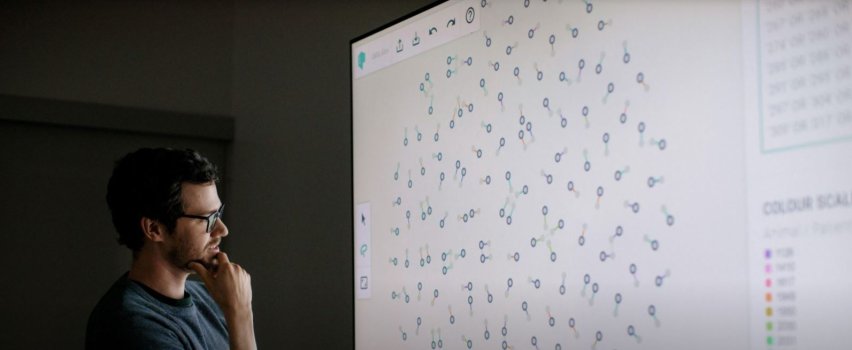It’s a bit difficult to pin down exactly what people in the biotechnology industry mean by “artificial intelligence” (AI). In general, they seem content with a working definition, one that describes AI as a computer program that can learn and predict outcomes based on the data sets it receives.
Given that the working definition of AI is vague, it follows that the status of AI in the biotechnology industry is vague, too. For example, it is unclear whether AI is to be regarded as something new and revolutionary. Are news stories in the popular press any guide? These include breathless reports of how AlphaFold, an AI system developed by Google’s DeepMind, accurately predicted the structure of hundreds of thousands of proteins.
Although AlphaFold is a groundbreaking technology, it isn’t the be-all and end-all of AI in biotechnology. AI-related spadework in biotechnology is occurring in several fields of endeavor. Indeed, biotechnology companies far and wide have been implementing AI in their pipelines.
If we are to clarify AI’s status, we should begin by recognizing that AI in biotechnology hasn’t suddenly become mainstream. In fact, it is already mainstream. Moreover, it is diverse and ready to produce results. In the biotechnology industry, AI that is accurate, predictive, and productive is within reach. Such AI will be worth a hundred times its weight in bench lab scientists.
Continue reading: https://www.genengnews.com/artificial-intelligence/the-future-of-biotech-in-an-artificially-intelligent-world/
Given that the working definition of AI is vague, it follows that the status of AI in the biotechnology industry is vague, too. For example, it is unclear whether AI is to be regarded as something new and revolutionary. Are news stories in the popular press any guide? These include breathless reports of how AlphaFold, an AI system developed by Google’s DeepMind, accurately predicted the structure of hundreds of thousands of proteins.
Although AlphaFold is a groundbreaking technology, it isn’t the be-all and end-all of AI in biotechnology. AI-related spadework in biotechnology is occurring in several fields of endeavor. Indeed, biotechnology companies far and wide have been implementing AI in their pipelines.
If we are to clarify AI’s status, we should begin by recognizing that AI in biotechnology hasn’t suddenly become mainstream. In fact, it is already mainstream. Moreover, it is diverse and ready to produce results. In the biotechnology industry, AI that is accurate, predictive, and productive is within reach. Such AI will be worth a hundred times its weight in bench lab scientists.
Continue reading: https://www.genengnews.com/artificial-intelligence/the-future-of-biotech-in-an-artificially-intelligent-world/

